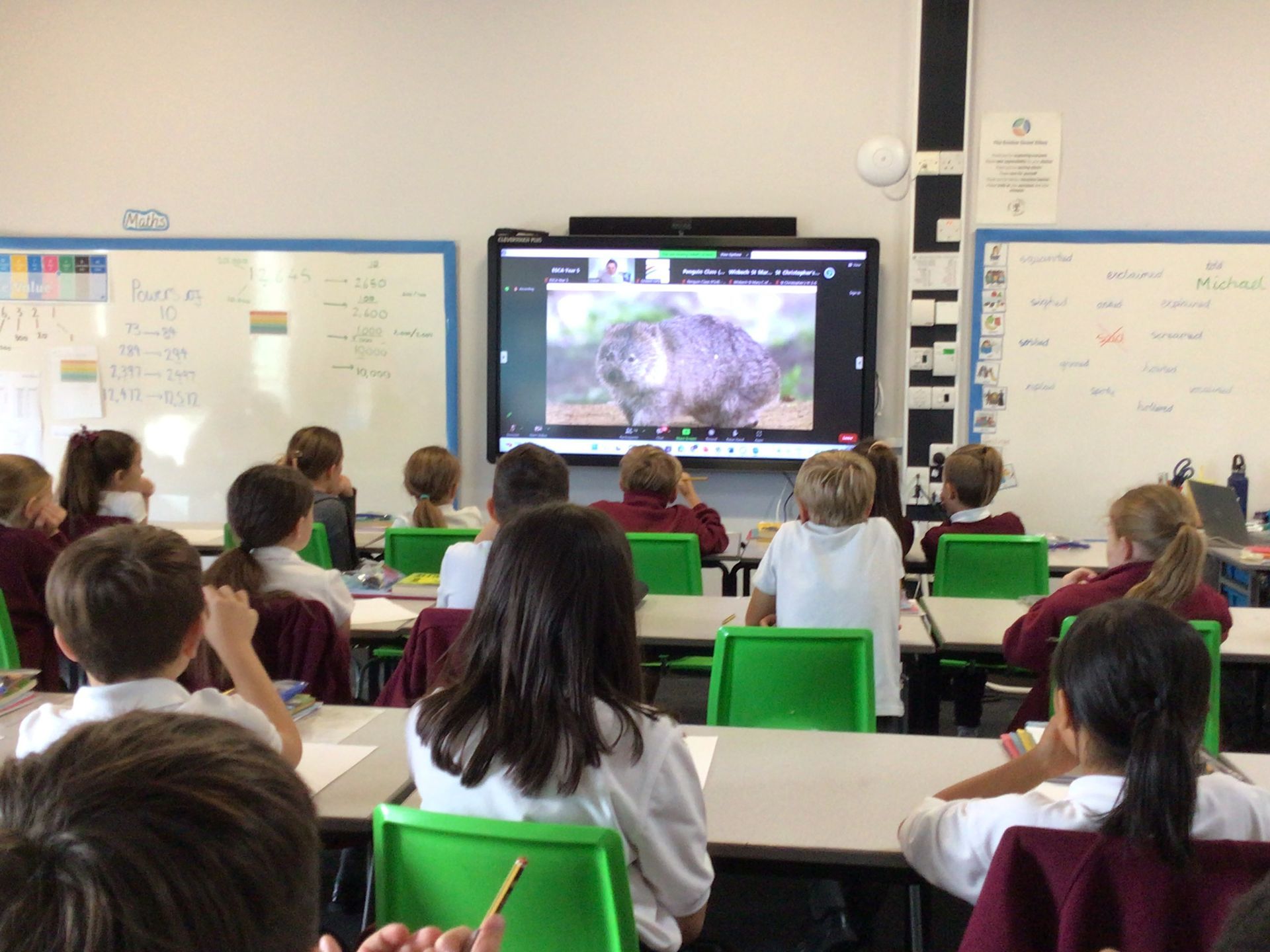
English
English Curriculum Overview
Overview
The National Curriculum states that pupils should read a wide range of fiction, poetry, plays, non-fiction and reference books and that these should include myths, legends and traditional stories, modern fiction, fiction from our literary heritage, and books from other cultures and traditions. It therefore matters which texts we choose to share with our pupils; we have a responsibility to broaden our pupils’ horizons by introducing them to the richest and most beautiful texts possible. We want every single pupil (not just the higher attainers) to have the opportunity to read and study both the great classics of children’s literature as well as some of the fantastic contemporary fiction and non-fiction. Every text we chose must be worthy of its place, both in terms of vocabulary, level of cognitive challenge and importance for cultural capital.
Ermine Street Church Academy's Reading Canon is designed to encompass this. The texts pupil encounter provide high-leverage, building concepts and follow threads which run throughout our curriculum. These provide sound basis for building cultural capital and help pupils make connections across time and subjects.
Content
Reading
Reading: Fiction
Reading is taught explicitly through high quality, challenging children’s classic literature. The ‘Canon of Literature’ for our school has been carefully selected to ensure it is challenging and ambitious. The advantage of selecting such classic texts is that children are exposed to wide archaic vocabulary and syntax applied in contexts that are rarely found in recently published children’s fiction. Crucially, this selection process also allows children to acquire a wealth of cultural currency and background knowledge that promotes the development of more complex schema to which new knowledge can be linked more meaningfully.
Our reading lesson pedagogy specifically follows Reading Reconsidered principles that incorporate a combination of accountable independent reading (AIR), and whole class reading approaches including choral reading, repeated reading and echo reading which support and challenge pupils to develop their fluency and prosody.
Reading: Non-Fiction
Reading and analysis of non-fiction text is embedded across our curriculum as part of the acquisition, comprehension and encoding of knowledge. However, in English lessons non-fiction material is selected or written as a secondary text that supports, deepens and develops the background knowledge required to better understand the primary fiction text. We know that reading classic texts is effortful, but when children understand the vocabulary and background knowledge behind these unfamiliar contexts and genres, they develop a love for the text. This allows them to feel successful and they are far more likely to continue to choose more challenging texts to which they can apply their reading knowledge.
The vocabulary attributed to the primary and secondary texts, is either taught explicitly or implicitly through high-quality images and texts that clarify the varied applications and nuances of complex words.
It is the interdependence of primary and secondary texts that enhance children’s reading knowledge by allowing a complex schema of knowledge to be built around each text – and through our questioning and writing approaches, make links between texts and express their understanding of the ‘Canon of Literature’ through their oral and written rhetoric.
Writing
Writing instruction must be explicitly taught and modelled. Therefore, we include the principles of The Writing Revolution (2017) by Judith C Hochman and Natalie Wexler, to teach children how to build syntactically complex sentences and paragraphs that better support the expression of the rhetoric phase.
Examples of the application of grammar rules are attended to during the knowledge phase of teaching and children practice the application of grammar in writing tasks across curriculum, resulting in the continual revisiting and practice of grammar, which allows for knowledge to be stored in the long-term memory but to be easily retrievable for application.
Support and scaffolding appropriate to each child is offered in a range of materials. This may include CLOZE procedures, word banks, images, models and diagrams, exemplar texts, sentence stems and phonological support. However, all pupils in class are exposed to the same level of challenge and read the same complex texts as their peers.
Writing non-fiction essays in other subjects is also supported through The Writing Revolution strategies. Summative writing prompts are given to prompt the expression of the core knowledge of the unit and give a purpose and context to the writing task.

